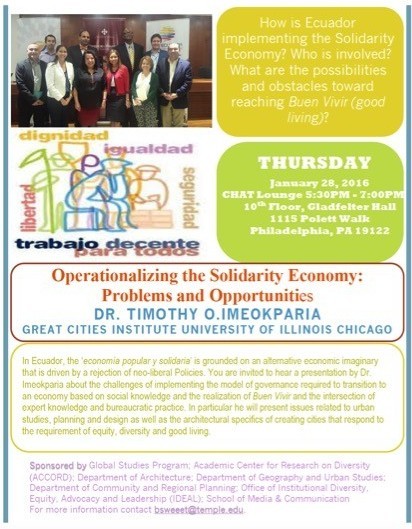Joseph Basile is a student in Temple University’s College of Liberal Arts. He serves as the chair of the Asian-American and Pacific Islander Caucus of the Pennsylvania College Democrats.
What do you think about race and this 2016 presidential election?
I believe Americans have become afraid of this race. Asian Americans are especially threatened by rhetoric that has been thrown carelessly in this election and in past ones as well. Constantly, candidates will use phrases such as “[I] will be tough on China,” and “I will establish a relationship with North Korea.” Asian Americans are constantly under threat of malicious housing practices, especially elderly Asian Americans. This election has brought a real-estate mogul who has been known for his dubious actions while at the helm of many apartment buildings. This has struck panic within the heart of many Asian communities within the United States.
What do you perceive as the role of race in this election?
The role of race in this election is larger than it’s ever been. Race was generally seen as data that drove “Get out the Vote” drives. We’re at a juncture where race is shifting from numbers, to voices and issues. Whether it’s Black Lives Matter, Asian Americans for Civil Rights and Equality, or any other racially based political action groups, race has controlled headlines and pushed issues. During the Democratic primary, on a number of occasions, Black Lives Matter activists interrupted stump speeches of both Secretary Hillary Clinton, and Senator Bernard Sanders. Both moves vaulted the group into the spotlight and forced the candidates to address the issues facing the black community. Asian American issues came front and center when New York State officials and legislators cracked down center for state and local politics just recently after malicious housing tactics on. Race is playing a major role in the election rather than just being data on spreadsheets this time around.
How do you understand race as related to issues of “law and order” or national security?
Law and order, for someone like myself who obsesses day after day over the protection of rule of law in the United States, and for someone to make a mockery of that notion like Mr. Trump has is downright abhorrent. The context to which he uses “law and order” is misguided, it’s threatening, and it has no place in the United States. “Law and order,” used to apply to justice which meant due process to the accused who were under the presumption of innocence until the evidence and a jury of their peers said otherwise. Mr. Trump is misconstruing the phrase to mob justice, a justice which not only is dangerous, but targets those who are different and those who are vulnerable.
What are you thoughts on matters of the economy and jobs, foreign policy, immigration and/or education?
The economy is improving across all sectors. Wages have increased, unemployment has fallen, and more people are being brought out of poverty than ever before. The Obama administration has made great efforts to ensure that people of color and immigrants were not forgotten when it comes to economic growth. Asian Americans have benefitted massively of this recovery through weaving themselves into the economies of America’s largest cities. Foreign policy is a major issue for the Asian American community because the candidates have thrown around how they would handle policy regarding the Association of Southeastern Asian Nations or “ASEAN,” China, and many more Asian countries that has been relatively dangerous and threatens the connections some Asian Americans have with their countries of heritage or origin. Immigration is also incredibly important to Asian Americans because many families here are first and second generation families who still have relatives in other countries, which they desire to bring to the United States. Life in some Asian countries still lags in human rights and quality of life, we should not cease to afford these people the opportunity to come to the United States and benefit us with their unique backgrounds and experiences. It’s only American to do so. Asian Americans make up large percentages of American universities. Some see this as Asian Americans taking spots at top universities away. However, the Asian Americans who immigrate to study here often stay here and build lives here, they spend their hard-earned money here, they send their children to schools here, they live lives that most perceive as what would be the “American dream.”
In your opinion, to what extent should the news media highlight candidates’ misinformation?
The media should put heavy emphasis on candidates misinforming the American public. However, the media cannot be faulted for the perpetuation of misinformation of the people because the media is held to the standard of their audience and the audience will unequivocally tailor the information they hear to what they want to hear. Journalistic ethics are hampered when candidates threaten media personnel and lob accusations of libel for doing no more than reporting exactly what a candidate said. Hopefully media can recover their trust from the American people following this election because sound journalism is vital to making sure that stories that wouldn’t necessarily be brought to the forefront via grassroots methods get reported.


